𝗘𝗻𝘁𝗮𝗻𝗴𝗹𝗲𝗱 𝗥𝗲𝗮𝗹𝗶𝘁𝗶𝗲𝘀 𝗶𝗻 𝗜𝗻𝘁𝗲𝗿𝗮𝗰𝘁𝗶𝘃𝗲 𝗜𝗻𝘁𝗲𝗿𝗳𝗮𝗰𝗲𝘀: 𝗡𝗮𝘃𝗶𝗴𝗮𝘁𝗶𝗻𝗴 𝗘𝘁𝗵𝗶𝗰𝗮𝗹 𝗖𝗼𝗺𝗽𝗹𝗲𝘅𝗶𝘁𝗶𝗲𝘀 𝗶𝗻 𝗥𝗲𝗳𝘂𝗴𝗲𝗲 𝗙𝗼𝗿𝗲𝗻𝘀𝗶𝗰 𝗡𝗮𝗿𝗿𝗮𝘁𝗶𝘃𝗲𝘀
by 𝗛𝘂𝗱𝘀𝗼𝗻 𝗠𝗼𝘂𝗿𝗮
𝗔𝗯𝘀𝘁𝗿𝗮𝗰𝘁 This paper critically examines the concept of ‘entanglements’ in digital storytelling, particularly in refugee narratives, where the intricate interplay between digital technologies, audience participation, and narrative structures presents unique ethical complexities. In an era where digital media—from social platforms to virtual reality—has transformed traditional storytelling, this research explores the impact of these interconnected elements on the portrayal and audience engagement with real-life characters, specifically refugees. The study delves into the multifaceted relationships inherent in digital storytelling, probing into the ethical challenges and responsibilities arising when digital narratives entwine refugee experiences. It addresses how storytellers balance creative freedom with respectful representation and the ethical dilemmas encountered in formats like interactive films and ARGs that involve real experiences and identities. Central to this investigation is the participatory authorship, as Sandra Gaudenzi and Kate Nash discussed, and its implications in refugee storytelling. This research examines how online communities and interactors contribute to narrative entanglements, potentially democratizing storytelling while risking misrepresentation and ethical breaches. However, the interactive format also has its limitations. Unlike traditional documentaries with a more standardized and widely recognized format, i-docs can be less familiar to audiences and may require more effort to access and engage with. This can limit their reach and impact, especially if they are not widely promoted or integrated into mainstream programming. As a result, there is a need for more awareness and education about the i-doc format and its potential for storytelling and greater investment in their production and distribution. By doing so, we can unlock the full potential of this innovative and powerful medium and provide a platform for marginalized communities to tell and share their stories in their own voices. The analysis will focus on projects, such as Pushbacks Across the Evros (2013-present) and Liquid Traces (2017) from the interdisciplinary research agency Forensic Architecture, based at Goldsmiths, University of London. The agency established a ground-breaking initiative that employs cutting-edge techniques to expose human rights violations and promote social justice.
Crafting Care through Text and Subtitles: A Deleuzian Perspective on Interactive Storytelling through Sensory Experiences
by Hudson Moura
Abstract: This paper investigates the underappreciated, yet integral role of text, subtitles, and intertitles in the realms of interactive films and multimedia storytelling, employing a unique lens of craft, collaboration, and care. Drawing from Gilles Deleuze’s notion of the ‘speech-act’ and The Care Collective’s interpretation of care, the study explores the use of written text as a tool that guides the narrative, widens accessibility, and promotes justice and equity in viewing experiences. The complexity of the subtitling process, going beyond mere translation, is highlighted. Delving into Deleuze’s concept of ‘scriptual’, the paper outlines how reading subtitles adds a layer of abstract universality to films, demanding more than passive consumption from viewers. Analyzing the dynamics and impacts of subtitles in interactive films, it underscores their critical role in shaping viewer comprehension and perception. The exploration of five interactive projects – “4Stelle Hotel” (2014), “Life on Hold” (2015), “The Displaced” (2015), “Sea Prayer” (2018), and “Another Dream” (2019) – offers concrete illustrations of how subtitles and intertitles contribute to creating sensory, caring, and emotional experiences, facilitating viewer engagement and understanding. By enhancing navigation and narrativity, this paper argues that subtitles and text can nurture a culture of care, aligning with the principles of The Care Manifesto. The conclusion brings focus on the affect and sensation in relation to written text and subtitles. Recognizing viewer agency in interpreting narrative, it emphasizes the potential of text and subtitles to catalyze dialogue, shared experiences, and a sense of care and connection among viewers. The paper further underscores the role of subtitles and intertitles as conduits, amplifying audiences’ sensory and emotional experiences and fostering a deeper understanding of characters, cultural nuances, and broader social, cultural, and political realities. The potential of these interactive experiences to stimulate political engagement is also discussed, marking a new benchmark in the cinematic experience. In summary, this study underscores the significance of integrating text and subtitles in interactive film projects, accentuating their capacity to foster inclusivity, collaboration, and care within the narrative. It presents a compelling case for filmmakers and media professionals to design text and subtitle systems that enrich the viewing experience, disrupt uncaring societal structures, and ultimately, contribute to a more empathetic and inclusive world.
Carne y Arena by Alejandro González Iñárritu: Subordinating VR Technology to Refugee’s Human Condition
by Hudson Moura
Read the full paper here: https://journals.library.torontomu.ca/index.php/InteractiveFilmMedia/article/view/1635
Abstract: The paradox in CyA is that the visitor must wear one heavy, experimental, and advanced technology to achieve and experience feelings of humanity, such as compassion. Thus, the installation creates two paths: First, through technology, the visitor endures a process of decolonization and deculturization of the brain by investing in the body’s sensory responses. Second, it is building a perceptional space of otherness while inscribing immigrants’ and refugees’ accounts and bodies in the museums’ cult, traditional, institutional, and elite space. Iñárritu subordinates the technology to refugees’ human conditions while subordinating visitors’ human conditions to technology.
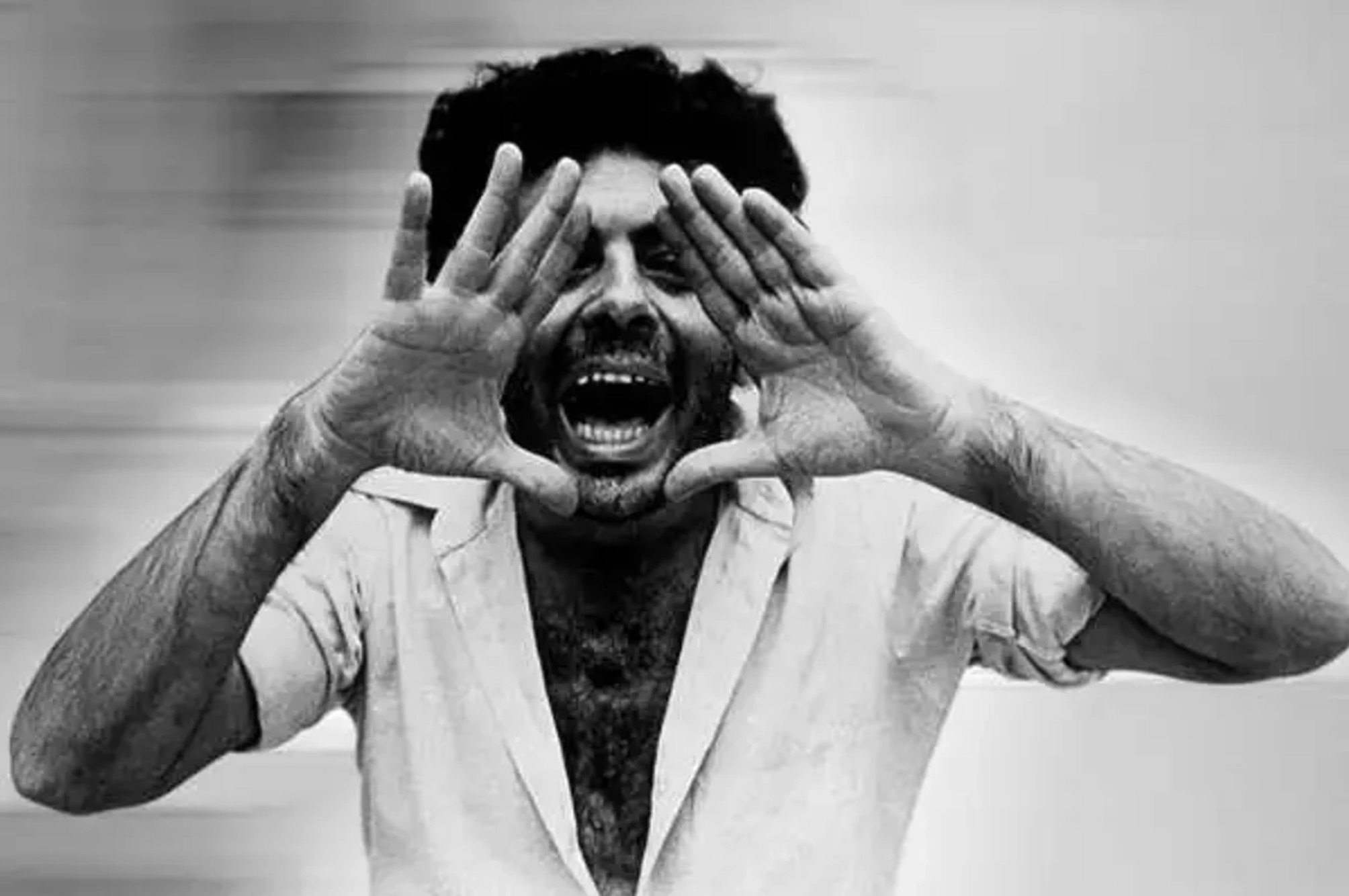 “Glauber Rocha’s Legacy: The Impact of Cinema Novo in Film History and the Emergence of Political Cinema in Latin America,” Expressions of the Lusofonia International Conference, York University
“Glauber Rocha’s Legacy: The Impact of Cinema Novo in Film History and the Emergence of Political Cinema in Latin America,” Expressions of the Lusofonia International Conference, York University
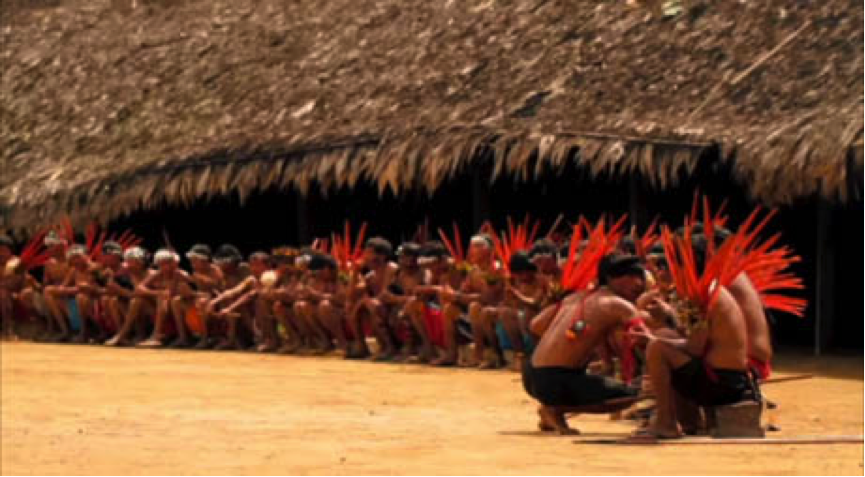 “The Digital Opacity Experience of Reality,” The Real of Reality: International Conference on Philosophy and Film, ZKM Karlsruhe, Germany
“The Digital Opacity Experience of Reality,” The Real of Reality: International Conference on Philosophy and Film, ZKM Karlsruhe, Germany
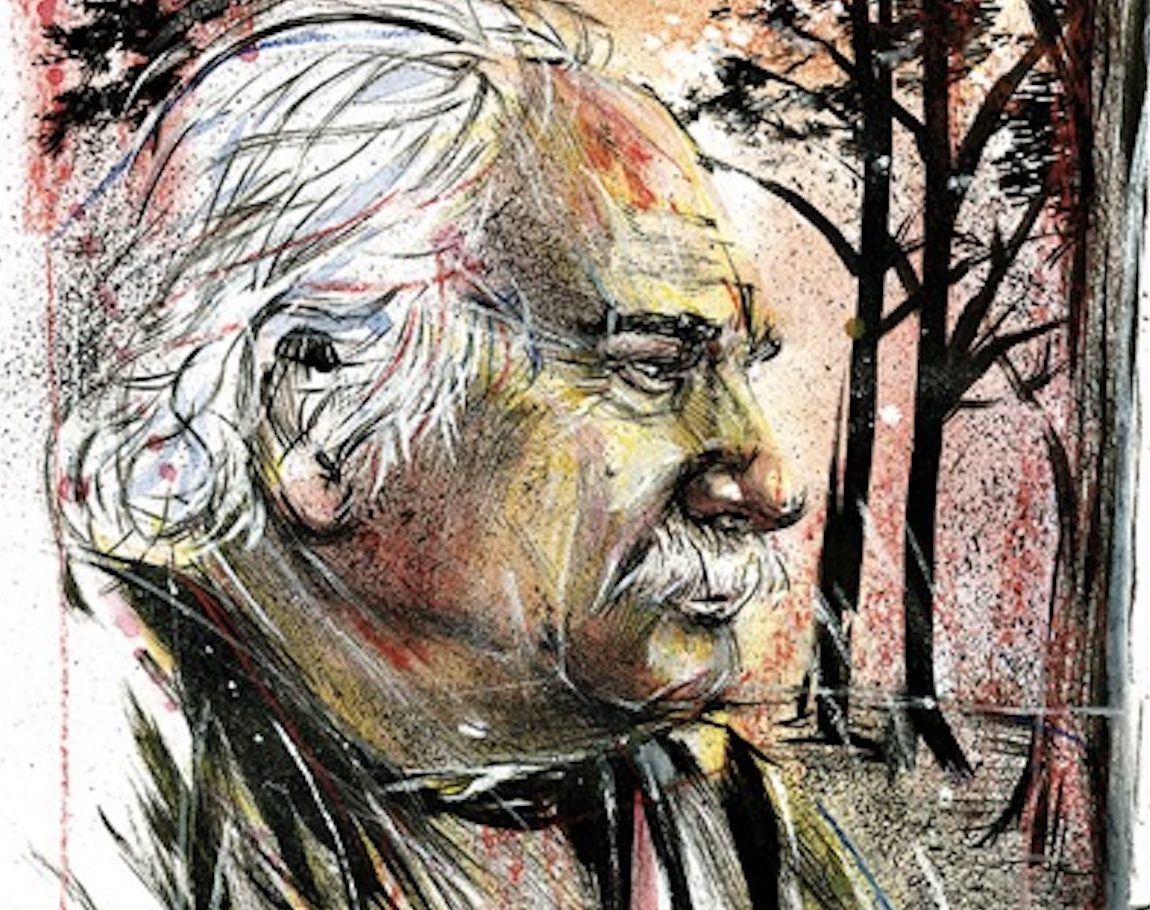 “Ricardo Sternberg and the Reinvention of the Self,” Writing Diaspora: Myth, History and Reinvention of the Self, ACLA-American Comparative Literature Association, Harvard University
“Ricardo Sternberg and the Reinvention of the Self,” Writing Diaspora: Myth, History and Reinvention of the Self, ACLA-American Comparative Literature Association, Harvard University
 « La poésie de Ricardo Sternberg: Le récit déplacé dans la littérature brésilienne, » Colloque International Cartographies littéraires du Brésil actuel : espaces, acteurs et mouvements sociaux, Université Rennes 2, France.
« La poésie de Ricardo Sternberg: Le récit déplacé dans la littérature brésilienne, » Colloque International Cartographies littéraires du Brésil actuel : espaces, acteurs et mouvements sociaux, Université Rennes 2, France.
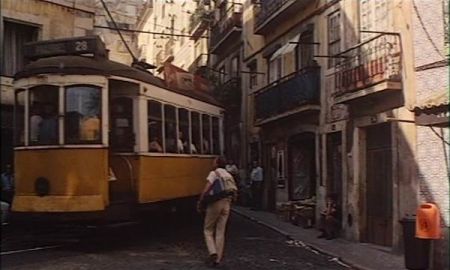 “Wandering in Lisbon: Modern Contradictions in Contemporary Cinema,” Iberian Cities Seminar, ACLA-American Comparative Literature Association, New York University
“Wandering in Lisbon: Modern Contradictions in Contemporary Cinema,” Iberian Cities Seminar, ACLA-American Comparative Literature Association, New York University
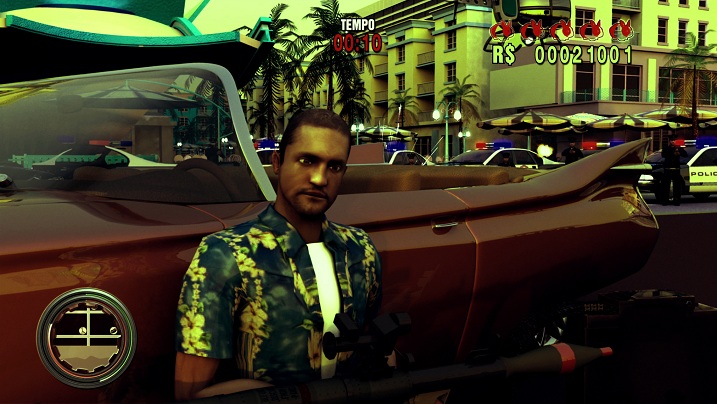 “Run Rabbit Run: Brazilian National Cinema and Global Narratives,” NeMLA Annual Conference, Boston
“Run Rabbit Run: Brazilian National Cinema and Global Narratives,” NeMLA Annual Conference, Boston
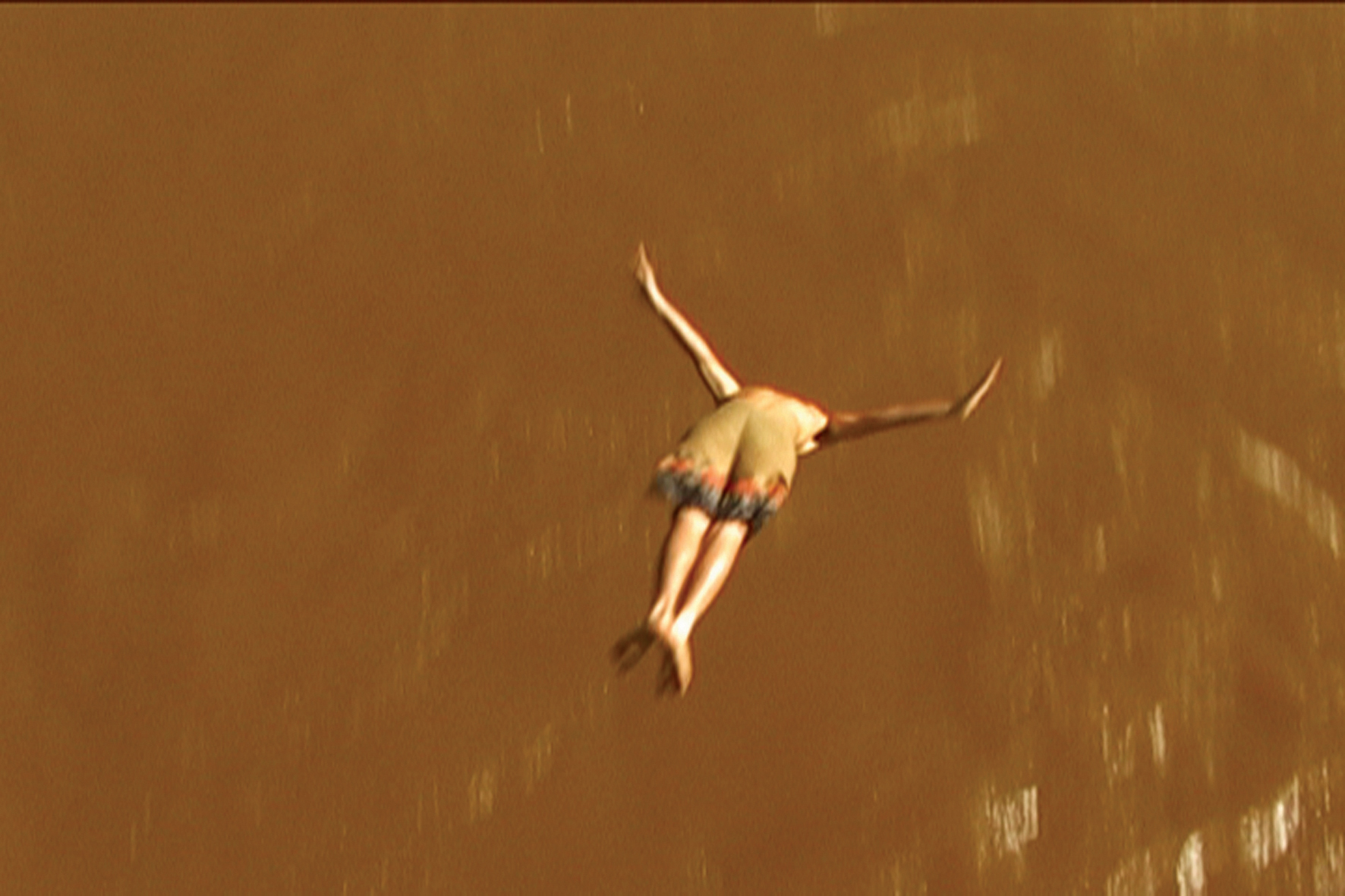 “Contemplative Cinematic Thinking: The Subjectivity of Reality and the Suspension of Time in Cao Guimarães’ Films,” Annual Conference of Film Studies Association of Canada, Waterloo University
“Contemplative Cinematic Thinking: The Subjectivity of Reality and the Suspension of Time in Cao Guimarães’ Films,” Annual Conference of Film Studies Association of Canada, Waterloo University
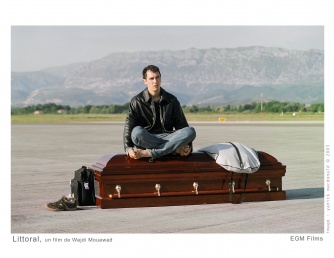 “A imposição do realismo nos filmes diaspóricos de Wajdi Mouawad”, XV Socine Annual Conference of Cinema and Audiovisual Brazilian Society, Federal University of Rio de Janeiro, Brazil
“A imposição do realismo nos filmes diaspóricos de Wajdi Mouawad”, XV Socine Annual Conference of Cinema and Audiovisual Brazilian Society, Federal University of Rio de Janeiro, Brazil
